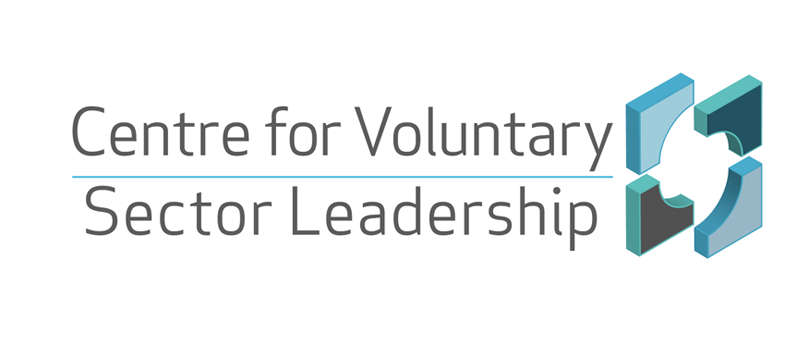Summary of Week 3
This week you have seen that transformational leadership has its flaws, despite being perhaps the most popular of leadership theories. You read a critique of the fall of Kids Company that highlighted one of the main problems – that ceding too much power and credit to individuals in charge has its dangers.
From here you moved on to consider people’s tendency to succumb to authority in their practice, drawing on the work of Grint (2010) on separation, silence and sacrifice. Underlying some of this ‘sacred’ pattern of leadership is the influence of narcissism – excess self-love – on the part of leaders and followers, and you learned about a number of ways to identify and combat narcissism at work.
You moved on to engage with an activity designed for re-imagining alternative leaders for the voluntary sector, as symbolic of how leadership might be pursued in the future. Finally, we drew attention to a key practice that you have been pursuing all week (perhaps without even realising that you had been), that of constructing.
As was apparent this week, leadership can throw up all kinds of tough ethical problems, mostly connected with power. Next week, you will consider ethics in leadership explicitly, reflecting on how the ethics of an organisation can do the work of leadership.
Now go to Week 4 [Tip: hold Ctrl and click a link to open it in a new tab. (Hide tip)] .
5 Key practice: constructing
